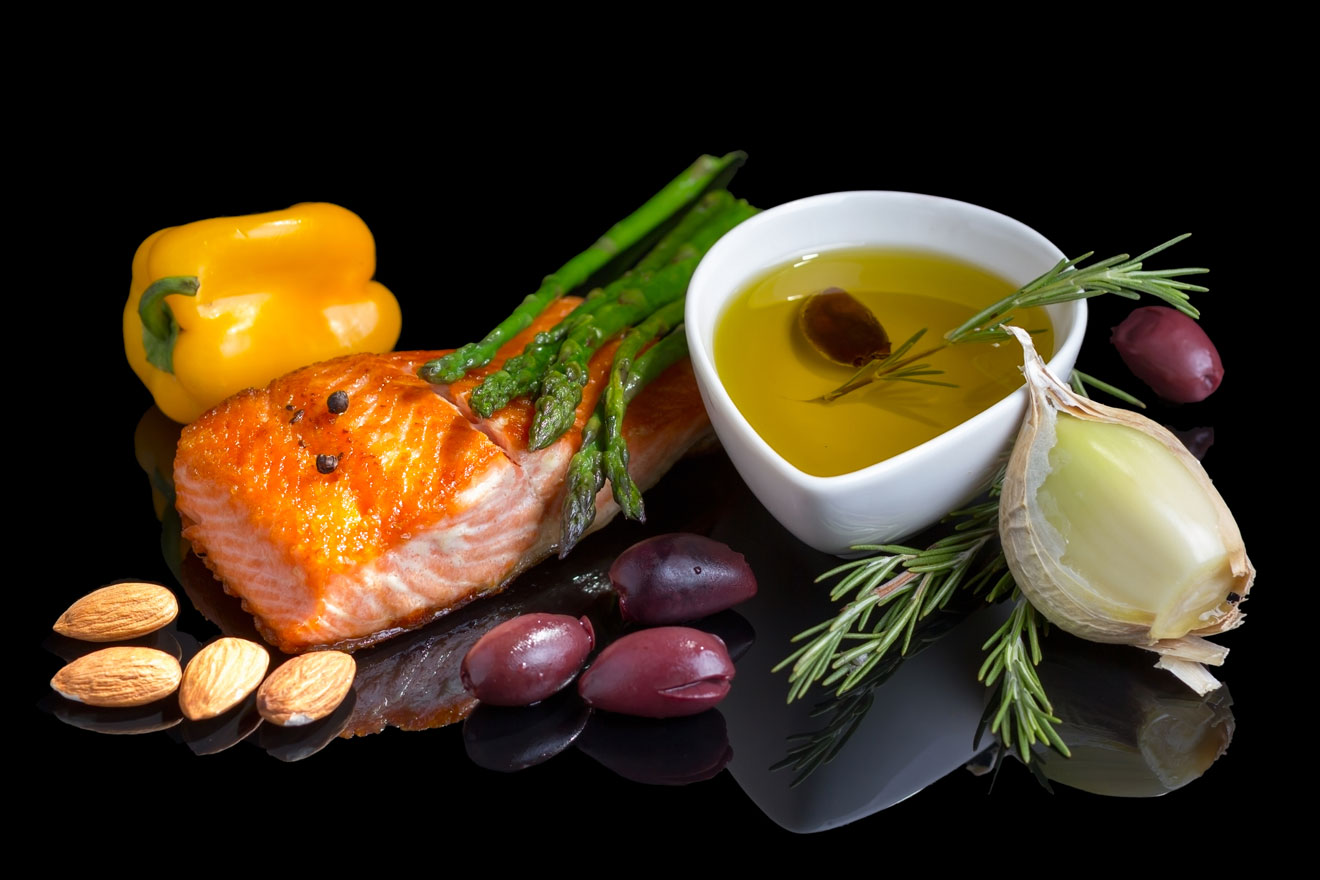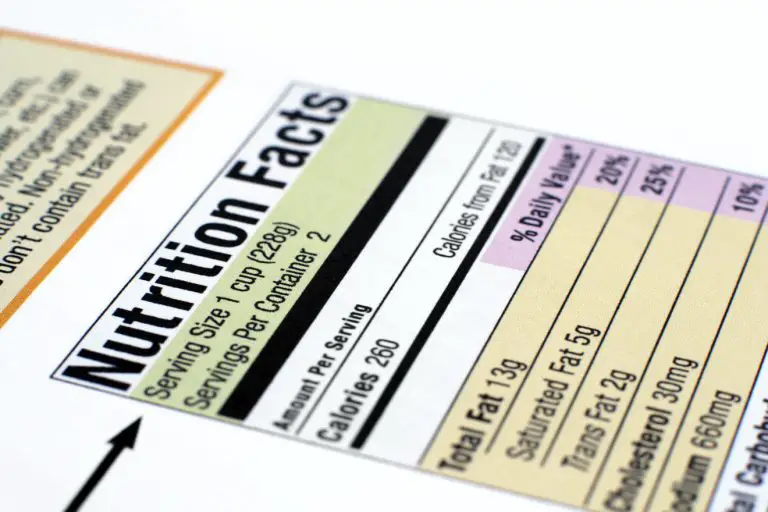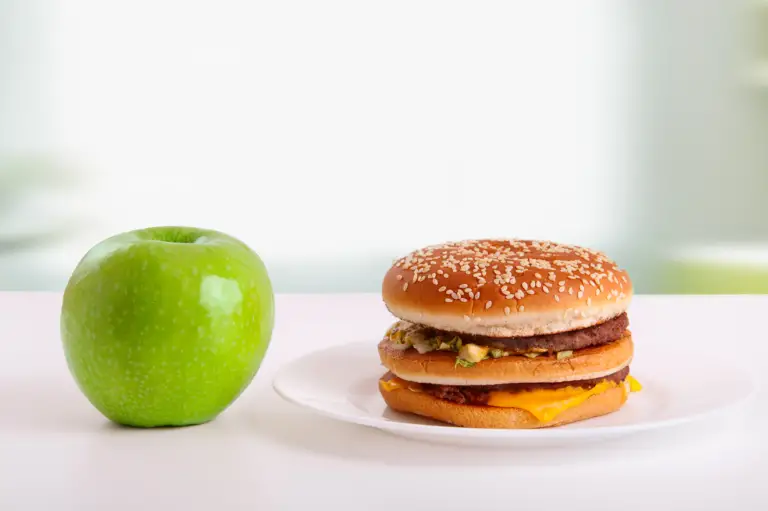Eating right: superfoods and tips for a healthy diet
What you eat shapes how you feel, how your body functions, and even how you think. Your diet is the foundation of your overall well-being, yet it’s easy to overlook in today’s fast-paced world. Poor eating habits can lead to long-term health problems, but the good news is that small, consistent changes can make a big difference. The sooner you start prioritizing nutrient-dense foods, the better your body and mind will feel.
This article explores key superfoods, explains how to incorporate them into your diet, and offers practical tips to make healthy eating an achievable goal.
Superfoods you should incorporate into your diet
1. Leafy Greens: The Ultimate Detoxifiers
Leafy greens are some of the most nutrient-packed foods you can eat. Spinach, kale, Swiss chard, and arugula are loaded with vitamins A, C, and K, as well as iron, calcium, and antioxidants.
These greens play a vital role in detoxifying your body. They help push out those toxins, boost your immunity, and support your liver’s natural cleansing processes. Leafy greens are also low in calories and high in fiber, making them a perfect choice for weight management.
The versatility of leafy greens makes them easy to incorporate into meals. Toss them into salads, blend them into smoothies, or sauté them with garlic and olive oil for a quick side dish.
2. Seeds and Nuts: Tiny Powerhouses of Nutrition
Don’t let their small size fool you—seeds and nuts are nutritional dynamos. These unassuming snacks are loaded with fiber, protein, healthy fats, and a range of essential vitamins and minerals.
Nuts like almonds and walnuts are rich in heart-healthy monounsaturated fats and omega-3 fatty acids. These fats help lower bad cholesterol levels, reducing the risk of heart disease. Meanwhile, seeds such as chia and flaxseeds are among the best fiber rich foods, promoting digestion and helping you feel full for longer. They also contain antioxidants that combat inflammation.
Adding seeds and nuts to your diet is easy. Sprinkle chia seeds into your smoothie or yogurt, top your salads with sunflower seeds, or grab a handful of almonds for a quick snack.
3. Berries: Nature’s Sweet Superfood
We all love berries! They are super delicious, and the best part is that they are equally nutritious. Blueberries, strawberries, raspberries, and blackberries are packed with antioxidants that protect your body from oxidative stress caused by free radicals.
One standout compound in berries is anthocyanin, which gives them their vibrant color and is linked to improved brain health and reduced risk of heart disease. Berries are also low in calories and high in fiber, making them an excellent choice for anyone looking to manage their weight.
Enjoy berries as a standalone snack, mix them into your morning oatmeal, or use them as a natural sweetener in desserts. Their versatility and health benefits make them a worthy addition to any diet.
4. Whole Grains: The Foundation of Sustained Energy
Whole grains are a vital part of a balanced diet. Unlike refined grains, which are stripped of nutrients, whole grains retain their bran, germ, and endosperm, offering a complete package of fiber, vitamins, and minerals.
Quinoa, oats, brown rice, and barley are excellent examples of whole grains. They provide a steady release of energy, keeping you fueled throughout the day. The fiber in whole grains also aids digestion, supports gut health and helps regulate blood sugar levels.
Incorporating whole grains into your meals is simple. Swap white rice for brown rice, choose whole-grain bread, or start your day with a bowl of steel-cut oats. These small changes can have a big impact on your overall health.
5. Legumes: The Protein-Rich Plant Heroes
Legumes like beans, lentils, and chickpeas are nutritional powerhouses, especially for those looking to reduce their reliance on animal-based proteins.
Rich in protein, fiber, iron, and potassium, legumes are satisfying and versatile. They help maintain steady blood sugar levels, making them an excellent choice for people managing diabetes. Their fiber content supports digestive health and helps keep you full for longer, reducing the temptation to snack on unhealthy foods.
Incorporate legumes into soups, stews, or salads. Try making a hearty lentil curry or hummus with chickpeas for a protein-packed meal or snack. They’re affordable, shelf-stable, and incredibly nutritious.
6. Healthy Fats: Why You Need Them
For years, people have negatively viewed fats, but the truth is that not all fats are bad. Healthy fats, found in foods like avocados, olive oil, nuts, seeds, and fatty fish such as salmon, are actually quite essential for brain function, hormone regulation, and overall well-being.
Omega-3 fatty acids, found in fatty fish, walnuts, and flaxseeds, are particularly important. They reduce inflammation, support heart health, and improve cognitive function. Meanwhile, monounsaturated fats in avocados and olive oil can help lower bad cholesterol and protect against heart disease.
Incorporate healthy fats into your meals by drizzling olive oil over salads, enjoying avocado on whole-grain toast, or grilling salmon for dinner. While fats are calorie-dense, they’re an essential part of a balanced diet when consumed in moderation.
Mindful Eating: Tuning into Your Body’s Needs
Mindful eating is a practice that encourages you to slow down, enjoy your meals, and pay attention to your body’s hunger and fullness cues.
When you eat mindfully, you’re more likely to appreciate the flavors, textures, and aromas of your food. It also gives your brain time to recognize when you’re full, reducing the likelihood of eating out of boredom or stress.
In order to do this, first eliminate all those distractions during meals. Put away your phone, turn off the TV, and focus entirely on your food. Chew slowly and take note of how your body feels. Over time, mindful eating will become a natural part of your routine, helping you to make better choices and enjoy your meals more fully.
Practical Tips for Sustainable Healthy Eating
Making healthy eating a lifestyle doesn’t mean you need to overhaul your entire diet overnight. Small, consistent changes are key to long-term success.
Start by planning your meals for the week. This helps you to avoid impulsive food choices and ensures that you have nutritious options on hand. When grocery shopping, focus on buying all the nutrient-packed foods discussed earlier.
It’s also important to allow flexibility. Restrictive diets are hard to maintain and can lead to unhealthy attitudes toward food. Enjoy treats in moderation and focus on building a diet that’s both nutritious and satisfying.
Final remarks
Eating right is all about making choices that nourish your body and mind. Each small change adds up over time, creating a ripple effect that improves your energy, mood, and overall health.
Start today with one small step—whether it’s adding avocado to your meal or savoring your food more mindfully. Your journey to a healthier life begins with the choices you make right now.
If you want more support with your diet, try finding a dietitian near me. Dietitians can provide advice on what foods you should eat to optimise and improve your health, as well as assess, diagnose, and treat dietary and nutritional problems.
For a more comprehensive breakdown of nutrition and healthy eating, you should also check out our Nutrition Guide.







